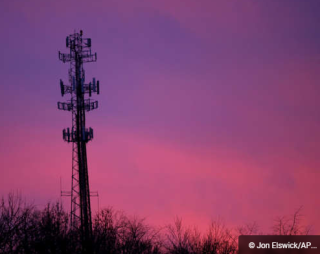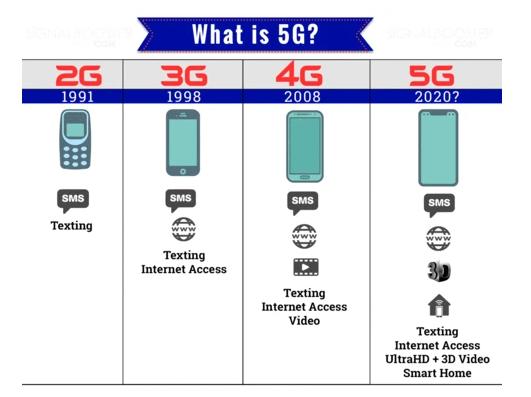Goodbye, 3G?

Are you still carrying that trusty iphone 5? how about an older 'life-alert' alarm, or an older tablet?
What about that old Trac-Fone that you keep charged, just in case you need to call "9-1-1" when the power goes out? They may not work after next year.
The plan to abandon "3G" network service may cause an unexpected interruption of service in these and many other 'connected' devices, and may have long-term implications for residents.
When they were rolled out nearly two decades ago, 3G wireless networks served as the bedrock of an explosion in cellphones and connected devices. Since then, technology has evolved, with newer devices equipped with 4G network capability, and even the latest 5G tech.
However, as new technology emerges, older technology is sometimes abandoned. That's bad news for users of older ("but, it still works fine!") equipment. The wireless networks that underpin an assortment of devices, including life-alert alarms, older cellphones and tablets, are about to shut down, an action that consumer advocates say will leave some of society’s most vulnerable people without critical communications tools.
 We don't know for sure how many folks rely on 3G networks for communication; however, estimates from as late as 2018 suggest that number might be as high as 20%.
We don't know for sure how many folks rely on 3G networks for communication; however, estimates from as late as 2018 suggest that number might be as high as 20%.
An article on the website "AgUpdate" suggests that
Rural Americans will be disproportionately affected when 3G wireless networks start shutting down in February. The move, meant to free up resources for 5G networks, will cut off phone and internet access for those who depend on the networks, and will also hamstring devices and services including life-alert systems, sensors that track school buses, court-ordered breathalyzers for convicted drunk drivers, and more.
Techn companies have planned to phase out 3G to free up resources for 5G capability; however, that transition was slowed by the Covid-19 pandemic. But as we ease out of pandemic restrictions, and companies ramp back up, it's time to think about checking out your tech equipment to be sure you won't be left behind. And, some tech companies stand ready to assist. From an article on MSN.com:
AT&T, which plans to shutter its network in February, says it has reached out to affected customers and provided them with discounted or in some instances free phone upgrades. Other networks, including T-Mobile, have delayed their shutdowns until slightly later to accommodate people who still haven’t upgraded: T-Mobile will shut down Sprint’s 3G network on March 31, 2022; Verizon has said it will shut down its network on Dec. 31, 2022.
Westhampton is encouraging residents with devices that connect to networks to review their equipment specifications, so as to insure that they won't be left behind. Common 'networked' equipment, such as cell phones and tablets, should be checked for compatibility; however, home security alarm systems and medical alert devices may also be affected, and should be reviewed.
The Town of Westhampton will be reviewing its inventory of breathalyzers, town-owned radios and cell-phones, and other equipment, in order to determine compatibility with newer network standards.
For more information, check out this FCC web page about the 3G shutdown, which provides tehcnical resources, and some directions as to how to check your equipment for compatibility. The Westhampton Council on Aging may also be able to provide assistance to senior residentes in understanding if their tech gear will be impacted.

